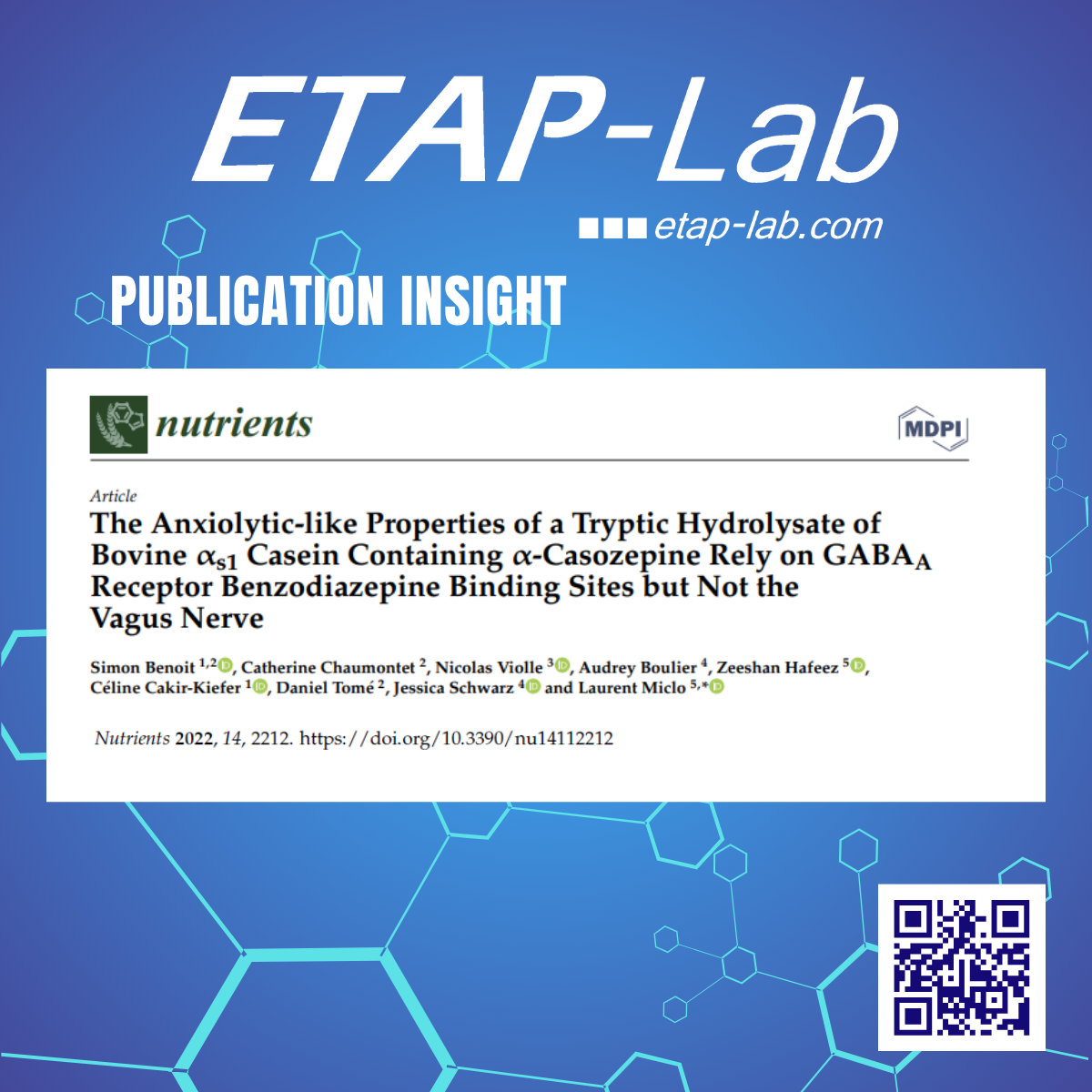Enhanced cognitive function and antidepressant-like effects after krill oil supplementation in rats
Wibrand K, Berge K, Messaoudi M, Duffaud A, Panja D, Bramham CR, Burri L - 2013, Lipids Health Dis, 12:6.
BACKGROUND:
The purpose of the study was to evaluate the effects of krill oil (KO) on cognition and depression-like behaviour in rats.
METHODS:
Cognition was assessed using the Aversive Light Stimulus Avoidance Test (ALSAT). The Unavoidable Aversive Light Stimulus (UALST) and the Forced Swimming Test (FST) were used to evaluate the antidepressant-like effects of KO. Imipramine (IMIP) was used as the antidepressant reference substance.
RESULTS:
After 7 weeks of KO intake, both males and females treated with KO were significantly better in discriminating between the active and the inactive levers in the ALSAT from day 1 of training (p<0.01). Both KO and IMIP prevented resignation/depression on the third day in the UALST. Similarly, a shorter immobility time was observed for the KO and IMIP groups compared to the control in the FST (p<0.001). These data support a robust antidepressant-like potential and beneficial cognitive effect of KO. Changes in expression of synaptic plasticity-related genes in the prefrontal cortex and hippocampus were also investigated. mRNA for brain-derived neurotrophic factor (Bdnf) was specifically upregulated in the hippocampus of female rats receiving 7 weeks of KO supplementation (p=0.04) and a similar trend was observed in males (p=0.08). Males also exhibited an increase in prefrontal cortex expression of Arc mRNA, a key protein in long-term synaptic plasticity (p=0.05). IMIP induced clear effects on several plasticity related genes including Bdnf and Arc.
CONCLUSIONS:
These results indicate that active components (eicosapentaenoic acid, docosahexaenoic acid and astaxanthin) in KO facilitate learning processes and provide antidepressant-like effects. Our findings also suggest that KO might work through different physiological mechanisms than IMIP.
Link to Pubmed


